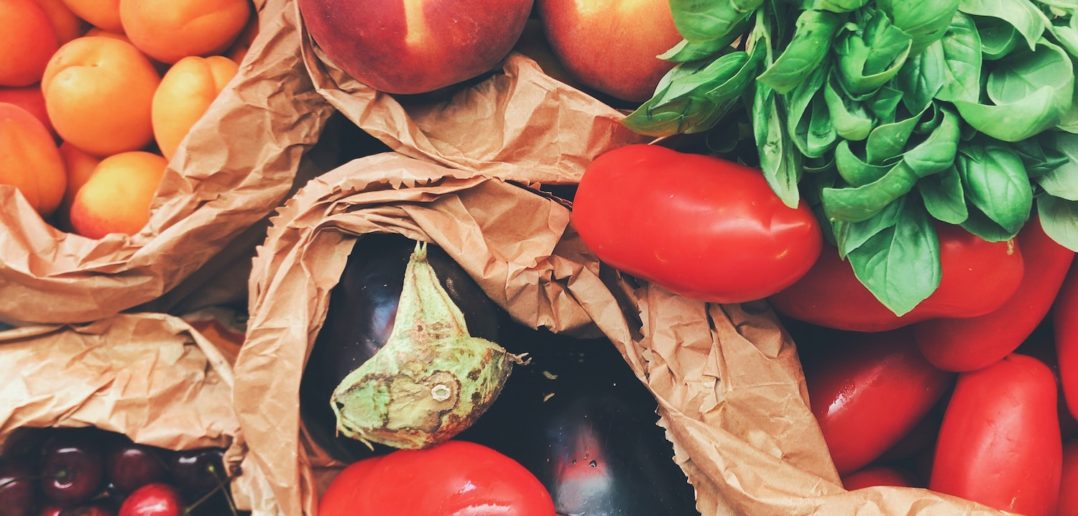It’s that time of year where you feel like you need to hibernate. Dark mornings when you wake, dark when you get home, it’s easy to turn to the wrong type of food. Comfort food and then spend too much time sitting in front of the television. This is fine on occasion, but if you get used to this lifestyle your body reacts and slows accordingly, which sets a precedent which is hard to break.
Much has been made about diets, the food we eat and their various benefits. One of these diets, which is more of a lifestyle than a fad, which keeps coming back repeatedly is the Mediterranean diet. That is the choice of food made famous by the countries surrounding the Mediterranean sea.
It is believed that the food that these people consume, is hugely beneficial at helping us live longer, offer greater vitality, and now according to a recent study out of the University College London, also helps stave off depression.
Let’s make sure we define diet. No, it isn’t a thing they go on around the Med in order to lose weight for the beach season, it is simply a style of eating and a way to describe the major types of food and food groups that they consume in the region. A study from the Journal of Molecular Psychiatry analysed data from 41 studies which examined diet and health. Four studies found that participants who stuck the closest to a Mediterranean diet had 33% lower risk of developing depression than others who were furthest away from what is defined as the food that makes up this lifestyle.
People in the region are said to eat a lot of fruit, vegetables, nuts, legumes, and fish, while avoiding processed, salty, and sugary foods, which is what the study defined as a “Mediterranean diet”. However, it’s also important to note that many of the countries which follow this diet, also enjoy bread, pasta’s, in combination with these other food groups, including usually a healthy helping of olive oil daily which is a fantastic source of Omega 3 fatty acids.
The study recommends that doctors should consider recommending a different diet to patients who suffer from depression. Such as recommending people away from pro-inflammatory foods. While this is a good idea, it’s also important to consider how many more factors are involved in a person’s well-being. Although we do urge on the side of caution on drawing these types of conclusions, we personally enjoy the foods from the region, and maintaining a diet which is high in the food’s mentioned such as fruits, vegetables, fatty fish and so on, is likely to have a positive impact on many people.
Will it help treat depression? There are a number of additional factors that can contribute. The amount of sun and daylight helps hugely. Let’s face it, the Med, in particular, is beneficial for your vitamin D intake, which will always give you a positive outlook and mental boost, compared to the gloomy days we have to deal with through the United Kingdom’s long winter season.
So, what’s the answer? Move to Italy before Brexit? It’s tempting. Either way, we’ll be keeping one eye on this research with our own plans in mind for the future.




